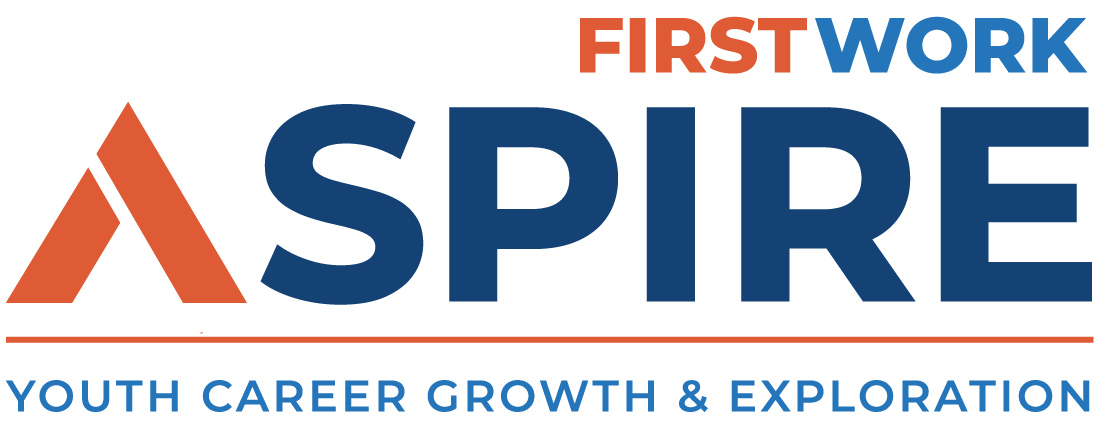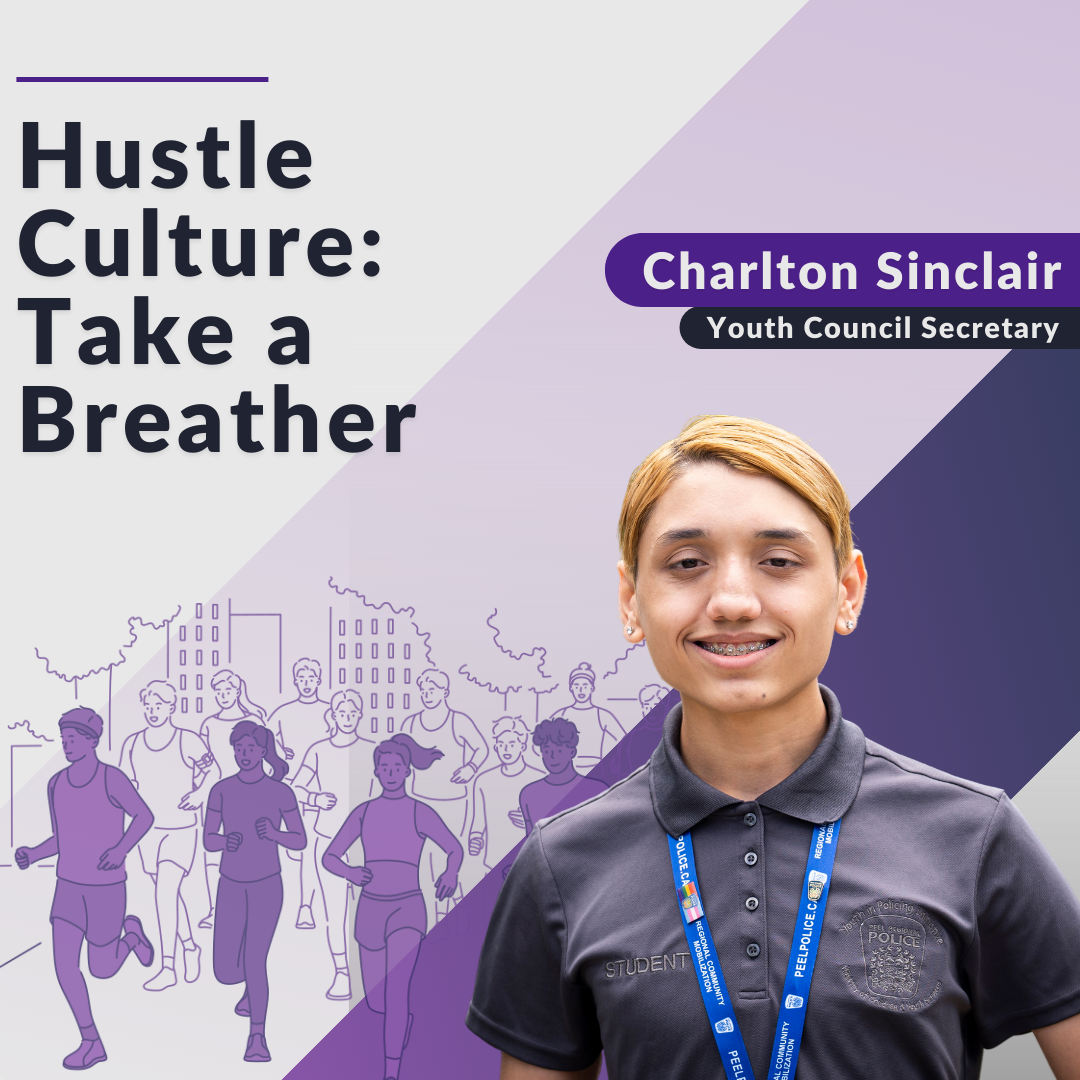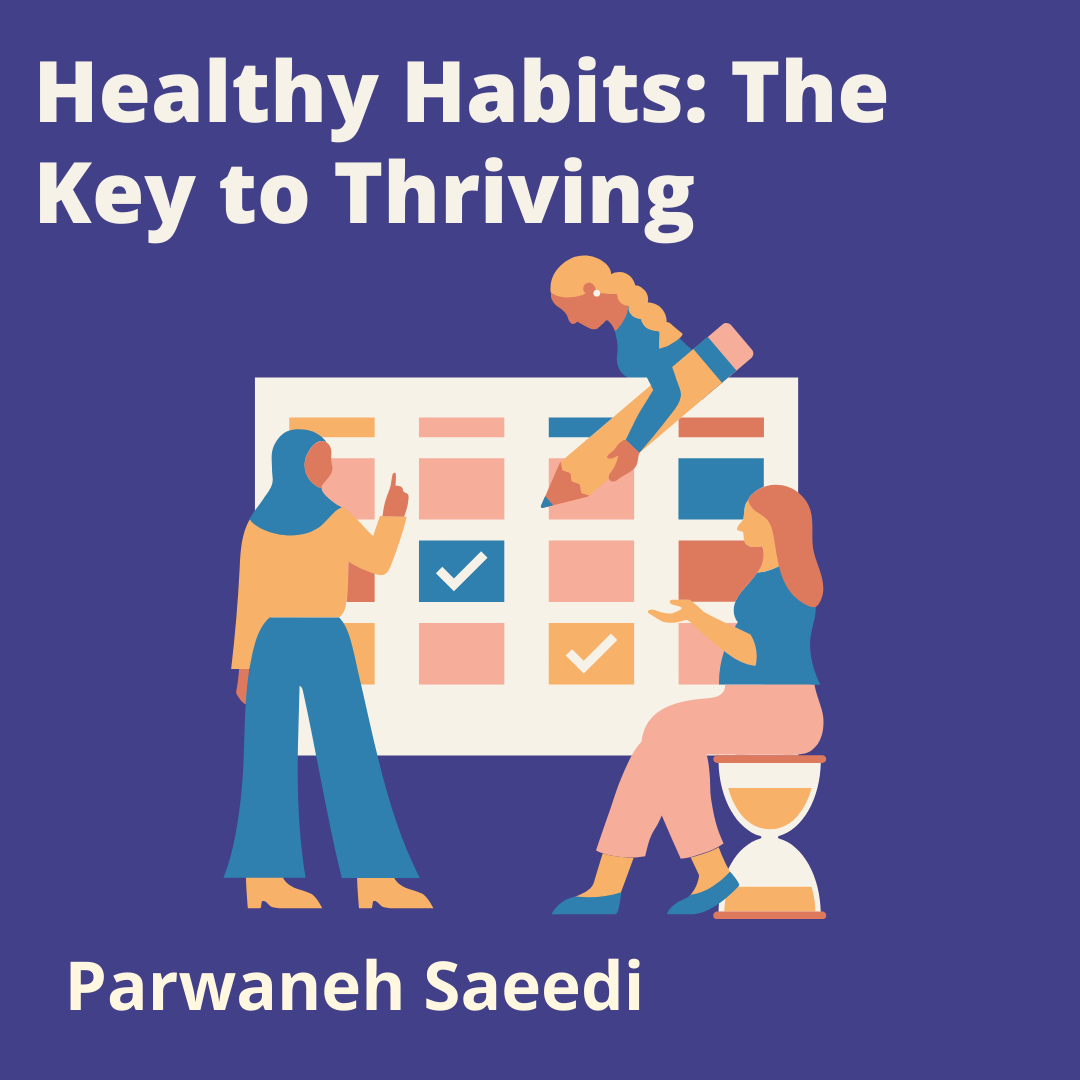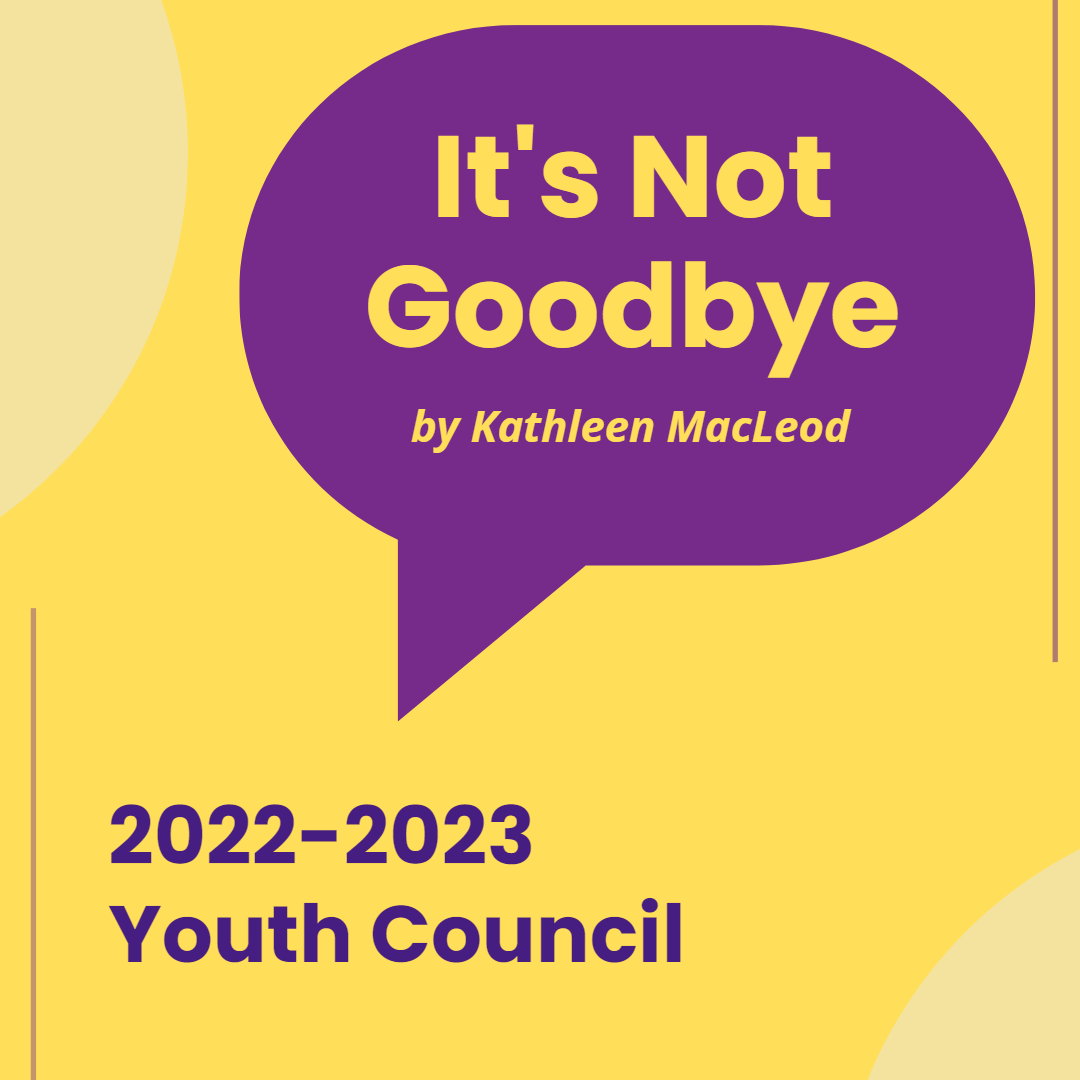I didn’t realize the importance of having a resume and how valuable it is when you seek your first employment opportunity. So instead, I hustled to get as much experience as I could.
Building experience, skill, and knowledge as soon as I could was something I always knew would be beneficial to me and my future. Using my experiences and skills for post-secondary and for independent living meant I needed to plan for the next 5 or 6 years of my life. Not to mention, experience is really helpful when applying for a job as a young person.
Having experiences to back up a job application makes interviews easier. Managers might give a scenario-based question where having situations to refer back to will be helpful.
Having a portfolio of work is useful too. For instance, if I wanted to apply to work at a job with a vulnerable group, or as a social media coordinator, I would need examples of work I’ve done. Experience and community involvement are not only key and crucial to help boost our job application but it makes us more well-rounded as individuals!
I needed to get started! When I eventually did, I constantly felt late to the game.
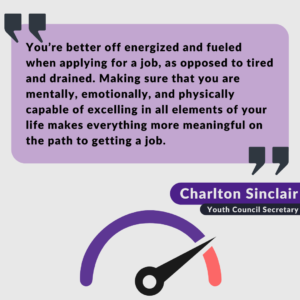
I hit the ground running, and joined my first extracurricular activity by the start of grade 10, around the same time I made my first volunteering commitment.
Because I thought that I had started so late, I took on so much work, including several school extracurriculars, numerous volunteering opportunities, and two jobs at one point.
I had imposter syndrome at the time, and I never felt like the portfolio I was building was enough. I got overwhelmed by how much work I took on.
Hustle culture is a sneaky enemy to success. It is when you work so much that you forget to rest! Success sometimes feels like being pressured by parents, peers and other role models to achieve as much as possible, and so it’s hard to get yourself out of this cycle. I’ve learned now – in my many workplace, volunteering, and extracurricular experiences – that hustle culture can unexpectedly overthrow you!
It is always important to be aware of your limits and when you are reaching your maximum capacity. Knowing when you need to take breaks and how you should divide your time is crucial. Remember, stretching yourself thin will never benefit you or the person/organization you are helping – it will only result in poor performance and lead to burnout.
You’re better off energized and fueled when applying for a job, as opposed to tired and drained. Preventing burnout can help ensure your own success.
Making sure that you are mentally, emotionally, and physically capable of excelling in all elements of your life makes everything more meaningful on the path to getting a job. There is no need to “catch up” on missed opportunities or experiences.
Furthermore, remember that less can be more! You don’t always have to be doing the most or be a part of every initiative! In fact, if a hiring manager or post-secondary school sees an exceedingly long list they may have trouble understanding who you are with so much information to sift through. Choose a few that you are passionate about and that you can stick with for a while, You can use it as a strong reference in the future and it may lead to many new opportunities.
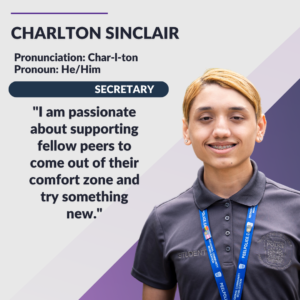
This blog post was written by Charlton Sinclair of the First Work Youth Council.

